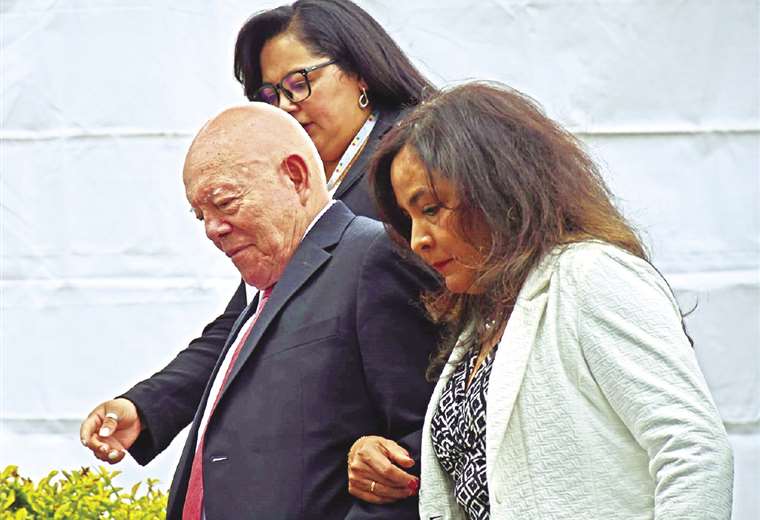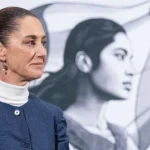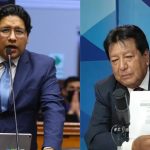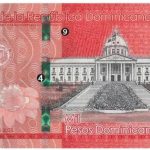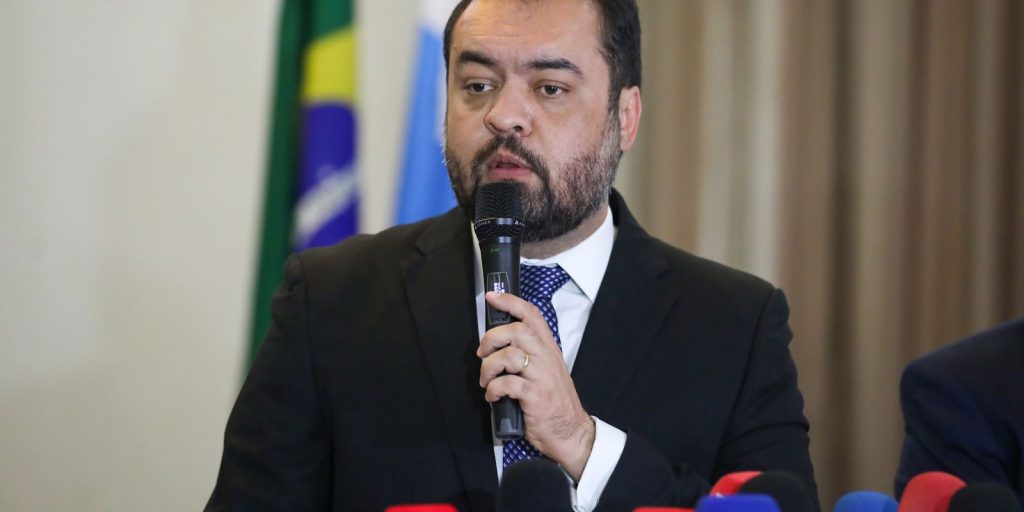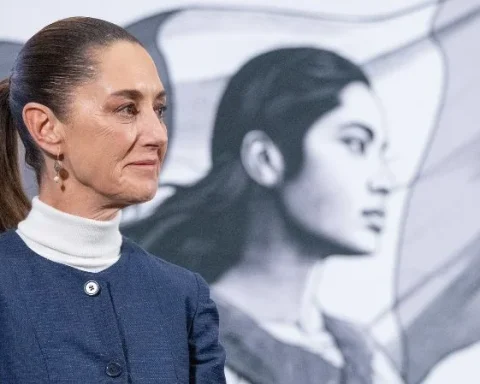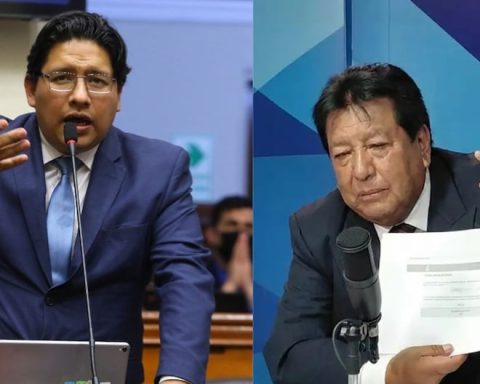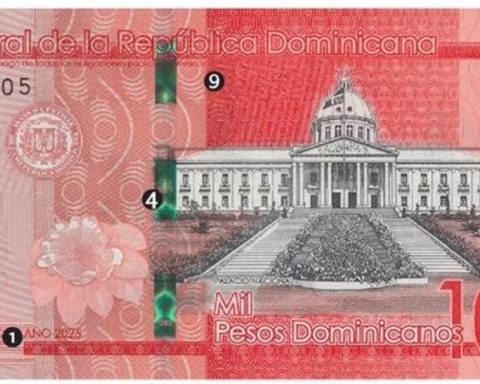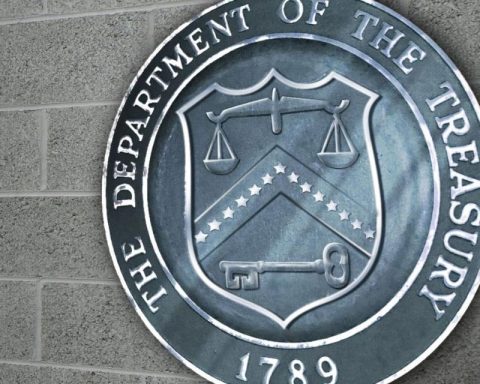The Supreme Electoral Tribunal (TSE) is alone. The political support that it received yesterday in the context of a declaration signed by representatives of parties, the Legislature and the Government, remained only on paper because the constitutional ruling that partially annuls the judicial elections cannot be reversed, as official spokespersons acknowledged yesterday. Added to this is the first lawsuit “for disobedience”, filed against the electoral members.
The legal action came from the lawyer Hugo Vargas Palenque, a candidate for magistrate who was marginalized during the selection process that took place in the Plurinational Legislative Assembly (ALP).
The jurist asked the two members of the First Constitutional Chamber of Beni to carry out, including criminal action against the TSE, in addition to financial charges.
Vargas requested the application of “progressive fines of 15,000 bolivianos for each person and per day.” “Likewise, if they persist in their disobedience, records will be sent to the Public Ministry for corresponding processing in accordance with art. 179 of the Penal Code” reads the letter released to the media.
The president of the TSE, Óscar Hassenteufel, in addition to the members Francisco Vargas, Tahuichi Tahuichi Quispe, Nancy Gutiérrez Salas, Nelly Arista Quispe, Yajaira San Martín Crespo and Gustavo Ávila, are on the list of those accused of disobeying the ruling issued on December 4 November by the TCP.
“If the defendants do not obey, within our rule of law, we must even proceed to prohibit the Executive Body (Ministry of Economy and Public Finance) from continuing with the disbursements of economic resources, up to this point embezzled by the OEP, for carrying out a judicial election without the presence of native indigenous peasants and omitting women candidates from the lists,” reads the complaint coded with Nurej 8087020.
The day after the “political summit” called by the TSE to save the judicial elections, executive authorities and representatives of the MAS faction took refuge in the constitutional legality of the ruling that affected the electoral process. It happened shortly before the complaint was accepted in Beni states.
Two TCP magistrates issued a ruling that annuls the renewal of the highest authorities of the Supreme Court of Justice (TSJ) in Beni and Pando, due to demands from candidates for those high positions. In addition, judges René Yván Espada Navía and Gonzalo Miguel Hurtado annulled the electoral process to change the judges of the same TCP where they are in Pando, Cochabamba, Santa Cruz, Beni and Tarija. This is ruling 070/2024, which is now part of a legal action against the electoral authorities.
“All constitutional sentences are obeyed; That they are self-extended and useless is just a little speech; because those of the Constitutional Court, when they were fully in force, issued that ruling that says: ‘we are going to deliver (the charges) to you when you choose,'” declared this Tuesday the Vice Minister of Government Coordination, Gustavo Torrico.
“The decisions and sentences of the Plurinational Constitutional Court are binding and mandatory, and there is no subsequent ordinary appeal against them,” establishes article 203 of the Constitution.
“The position of the Executive is compliance with the sentence. (…) Also failing to comply with a constitutional ruling would go against the principle of independence and separation of powers,” said the Minister of Justice, César Siles regarding the TCP ruling.
The TSE also proposed “a short law” to make the holding of the elections on December 15 “comprehensive” viable. “At this moment there is no question of timing, for this reason the agreement basically exists,” said the president of the Chamber of Deputies, Omar Yujra.
The TSE requested an amendment to the TCP so that not only two magistrates but the entire full courtroom would validate that ruling. Added to this is the support of the Inter-American Commission on Human Rights (IACHR) which awaits these elections. Lawyer Rubén Darío Cuéllar of the Human Rights Observatory believes that this case can reach the Inter-American Court.
